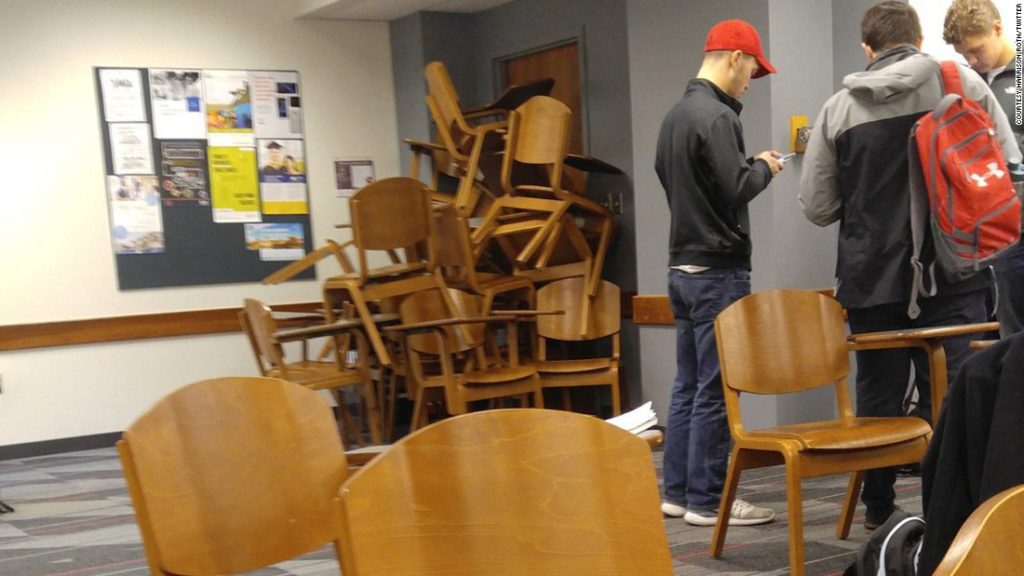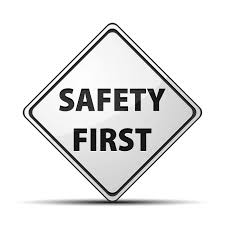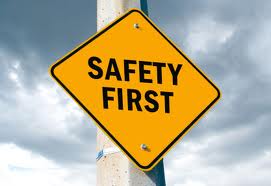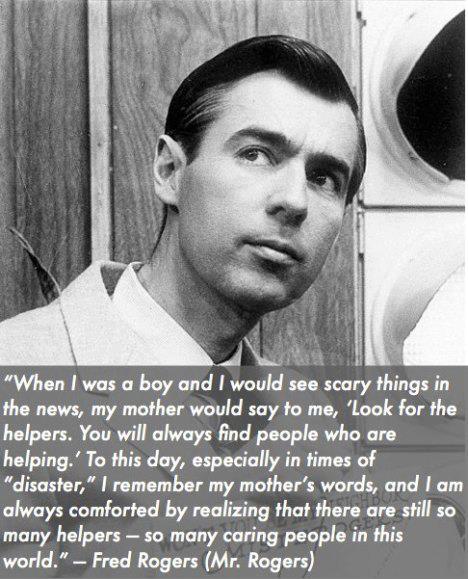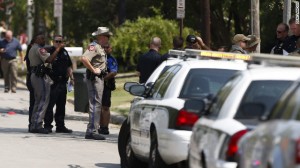 It’s sad that we live in a time when we don’t feel safe at school. Schools used to be the safest place for kids, protected by teachers and staff and away from predators. Not anymore. As evidenced by the recent school shootings in Oregon and Washington, and the frightening Virginia Tech massacre, parents are naturally concerned about sending their kids off to college. And it’s not just college, the Newton shootings and the Columbine shootings make it clear that kids of all ages are at risk.
It’s sad that we live in a time when we don’t feel safe at school. Schools used to be the safest place for kids, protected by teachers and staff and away from predators. Not anymore. As evidenced by the recent school shootings in Oregon and Washington, and the frightening Virginia Tech massacre, parents are naturally concerned about sending their kids off to college. And it’s not just college, the Newton shootings and the Columbine shootings make it clear that kids of all ages are at risk.
Today’s App Tuesday post addresses the need for safety apps. A pay phone or flagging down a police officer used to be our only defense against dangerous criminals and psychotic shooters like the gunman on the University of Texas campus years ago. But today, students are armed with a valuable weapon: their smartphone with safety apps—giving them instant access to authorities, parents and other students.
Following are six safety apps you should arm your students with during high school and college:
1. Guardly
Students can instantaneously connect with friends and family in emergencies with Guardly. With a few taps, users can dial for help or send out an alert. Triggering an alert enables real-time location tracking. Students can also capture and send photos to mobile contacts or authorities in non-threatening emergencies. On the app’s map, users can see which friends and family members are nearby. Another in-app defense lets students sound off a blaring siren to “deter would-be attackers” and “signal for help.”
Price: Free iOS, Android and Blackberry app with $1.99 monthly subscription or $19.99 one-year subscription. App comes with a few free features.
2. Circle of 6
The Circle of 6 app is designed to help college students out of potentially dangerous situations. On the app, users should connect the phone numbers of up to six close friends. These should be classmates, roommates or trusted individuals in the area. In uncomfortable situations, users can safely and discreetly send a mass message for help. By pressing the car icon, users send out a text complete with your current GPS location. Your safety network will get your message and pick you up. Tapping the phone icon will send out a message that says, “Call and pretend you need me. I need an interruption,” to the six preset numbers. For true emergencies, students can call 911 from within the app. The app’s chat icon links users to information online about healthy relationships.
Price: Free iPhone and Android app
3. MyForce
When you’re walking home at night or crossing a desolate part of campus by yourself, just pull out the MyForce app in case of emergencies. By hitting the app’s bright red button, you’ll trigger a discreet alarm. Once the alert is triggered, MyForce will start recording your call and pinpoint your present location. The monitoring operator who you connect with will determine it’s an emergency and call 911. Your emergency contacts will also be alerted.
Price: Free iPhone, Android and Blackberry smartphone app (with monthly subscription)
4. OnWatch
This personal safety app lets college students alert friends and authorities immediately in emergencies. There are six app functions: calling 911 and friends, calling 911 only, calling campus police, the “Watch my Back” setting (timed alert that must be disabled with passcode), contacting friends, and the “I’m here” setting. When you walk home and want to let friends or family know you’ve arrived safely, the “I’m here” setting does just that. The “I’m Here” text, call 911 only and call campus police functions are free with the app. The emergency friends, flashlight and alarm functions are available for a $2.99 fee. The complete package is available for $4.99 a month.
Price: Free iPhone and Android
5. Watch Over Me
Watch Over Me is a personal safety app designed to help look out for you when you need it the most. The app automatically turns your iPhone into a powerful personal safety device for daily use. If you’ve ever called a friend while feeling unsafe, this is the app for you. Whether you’re going for a run, walking to your car, walking home, taking a cab, or meeting someone for the first time, all you have to do is let Watch Over Me know and it’ll watch over you via GPS throughout your journey. If you fail to check-in safely once you’re done, Watch Over Me will alert your emergency contact list immediately and provide them with your location on a map. Subscriptions are available to enhance the app.
Price: Free iPhone and Android
6. OnCall Defender
Advanced Mobile Protection (AMP) cares about safety and prevention. The app delivers 24-hour personal security and medical assistance coverage at your finger tips. You can download the app for free and choose the subscription plan that’s best for you. The subscription is $19.99 a month. However, a special promotional offer is available to save over 40% on the year subscription if you choose to pay in advance.
Price: iPhone with subscription


